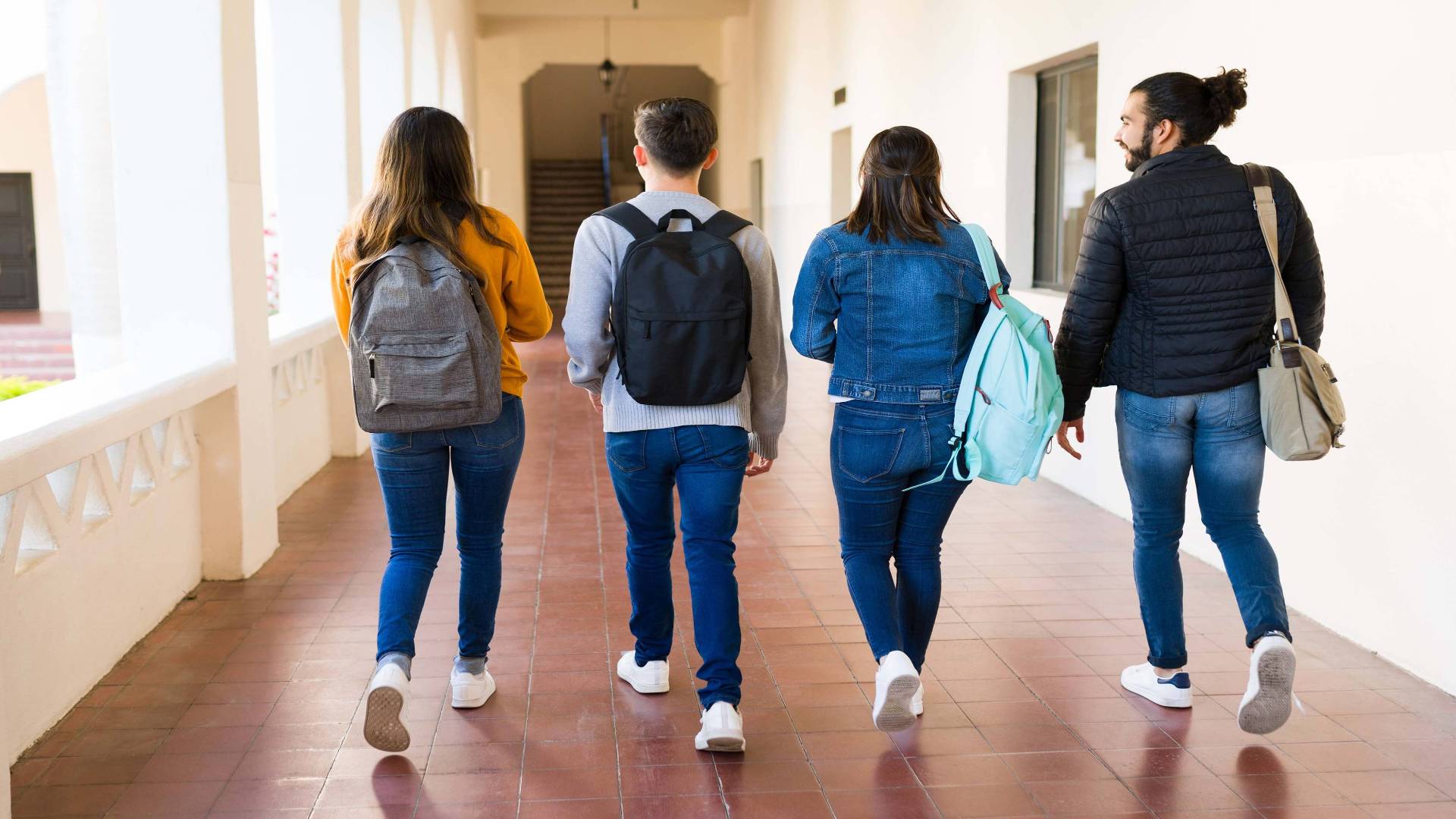The Bulldogs Involved in Tobacco Endgame Research (BITER)
The BITER program provides research opportunities for students from all majors who are passionate about investigating tobacco-control issues with a specific focus on Latino/a/x individuals and communities. Gain practical experience through hands-on work with a local health promotion organization, scholarly research, involvement in community advocacy events, and participation in professional development activities through the BITER program.
The Bulldogs Involved in Tobacco Endgame Research (BITER) program came to be through a 1.2 million dollar grant from the University of California Office of the President (UCOP), The Fresno State's Immigrant Families' Acculturative and Environmental Settings (IFACES) Laboratory, the Center for Access to Science for All (CASA), UC Merced's Nicotine & Cannabis Policy Center (NCPC) and the Latino Coordinating Center (LCC) have all joined forces to train a cohort of scholars at Fresno State on tobacco-control related issues with a focus on Latino/a/x individuals and communities.




